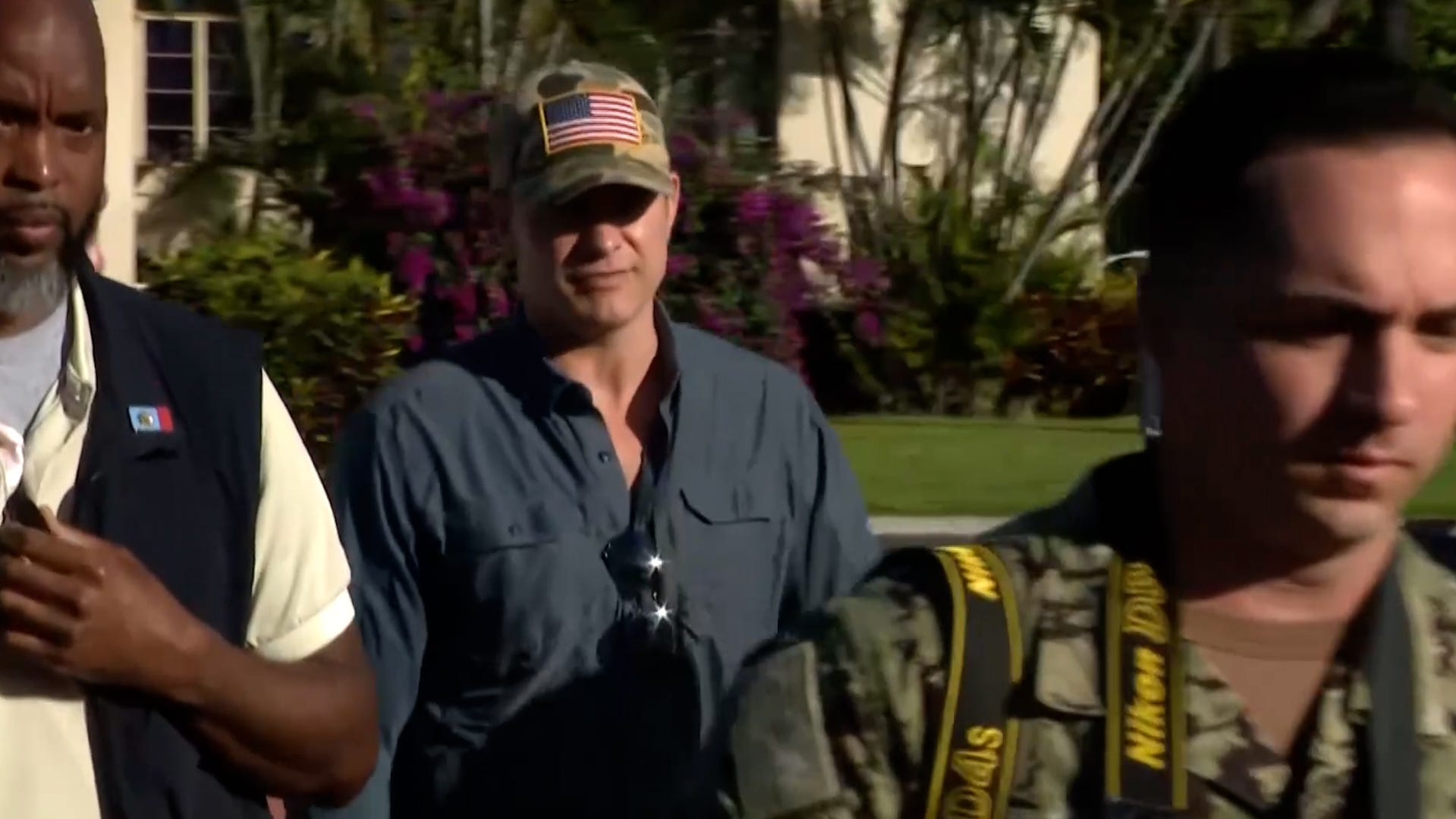'How in the Hell could this happen?' National security experts weigh in on leak

WASHINGTON — Reckless, irresponsible, dangerous, sloppy, incompetent, quite possibly illegal.
The consensus of current and former national security officials about the Trump administration group chats leading up to military action against Houthi rebels in Yemen has been harsh.
In a series of interviews on Tuesday, the officials laid out the normal procedure for sensitive national security discussions. The officials, with decades of experience at senior levels at the Pentagon, CIA and White House, said it was unprecedented to have these deliberations outside the most secret and secure government communications systems. If the information had fallen into the wrong hands, the Houthis could have put weapons in bunkers, scattered their forces, and preemptively struck and killed U.S. troops in the region.
“How in the Hell could this happen?” asked former Defense Secretary Chuck Hagel. “I have never, ever heard of senior officials – the Secretary of Defense, the Secretary of State and the National Security Advisor – using an app like Signal to discuss quite possibly classified information."
“A conversation like this," he said, "has to be done in a secure room at the White House or on a secure line.”
That conversation took place in the days leading up to the Pentagon’s strike on Houthi rebels in Yemen who have been attacking ships in the Red Sea. It came to light after journalist Jeffrey Goldberg, the editor of The Atlantic magazine, had been added to a text chain that apparently included Vice President JD Vance, Secretary of Defense Pete Hegseth, Secretary of State Marco Rubio and National Security Advisor Mike Waltz. Several other White House officials were also on the chain.
Hegseth laid out details of the U.S. airstrikes on the chat hours before they occurred, according to Goldberg.
President Donald Trump said Tuesday that the discussion did not include classified information. He told NBC News that Waltz "has learned a lesson" and that he was standing by him. Hegseth dismissed criticism to reporters traveling with him in Hawaii, denegrating Goldberg and saying no classified information had been divulged.
But the officials interviewed said the discussion that Goldberg described detailing the timing, weapons and targets in the attacks was almost certainly secret information classified at a high level.
Signal is commonly used by government officials for unclassified discussions, the officials said. But its use for the chat about an impending attack alarmed Larry Pfeiffer whose 32-year career in the intelligence community included stints as the senior director of the White House Situation Room and chief of staff to the CIA director.
Each of the senior officials, known as principals, always has ready access to secure government communications, Pfeiffer said. At home, when they travel, on the golf course, or in the case of former Secretary of State John Kerry, on his sailboat off Massachusetts.
Adversaries like Russia and China would be expected to target the phones of cabinet officials like Hegseth, Pfeiffer said.
Pfeiffer questioned the judgment of the officials who should have confirmed the identities of everybody on the text chain before discussing sensitive information. He attributed their use of Signal to laziness or incompetence.
“I never went to a meeting when you didn’t know who was on the line,” he said.
Hegseth, in particular, should have been sensitive to the release of information about a planned attack, Pfeiffer said. Hegseth served in the Army National Guard in Iraq and Afghanistan.
“He wouldn’t have wanted his operations bandied about on Signal before he went out,” Pfeiffer said.
Troops disclosing such information would almost certainly face court-martial, he said.
A former U.S. official, familiar with the planning of U.S. attacks on Yemen during the Biden administration, said planning for strikes took place in person at the White House Situation Room, over a secure video conference or secure telephone. They never occurred on commercial messaging apps or private phones, said the official who requested anonymity to describe the meetings.
The former official scoffed at the notion that the information Hegseth released was unclassified. Anything related to the timing of imminent attacks, the weapons to be used and the targets is classified.
Had they been tipped off by an intercepted communication, the Houthis could have moved weapons to bunkers or launched attacks on U.S. Navy ships, the former official said.
Fist-bumps in the war planning chat
The use of fist-bump emojis in the chat shows the lack of seriousness among the senior officials involved in the discussion, the former official said. More concerning, he said, was whether this Signal discussion was more than an isolated incident.
Hagel wondered who else Trump administration officials had invited to chats about sensitive national security matters.
"It's like they're saying, 'Hey, let's get Aunt Millie on the phone and see what she thinks,'" Hagel said. "That's what's frightening. This is serious stuff here. It has consequences for our allies, friends and our institutions.
"My God, how could this happen?"